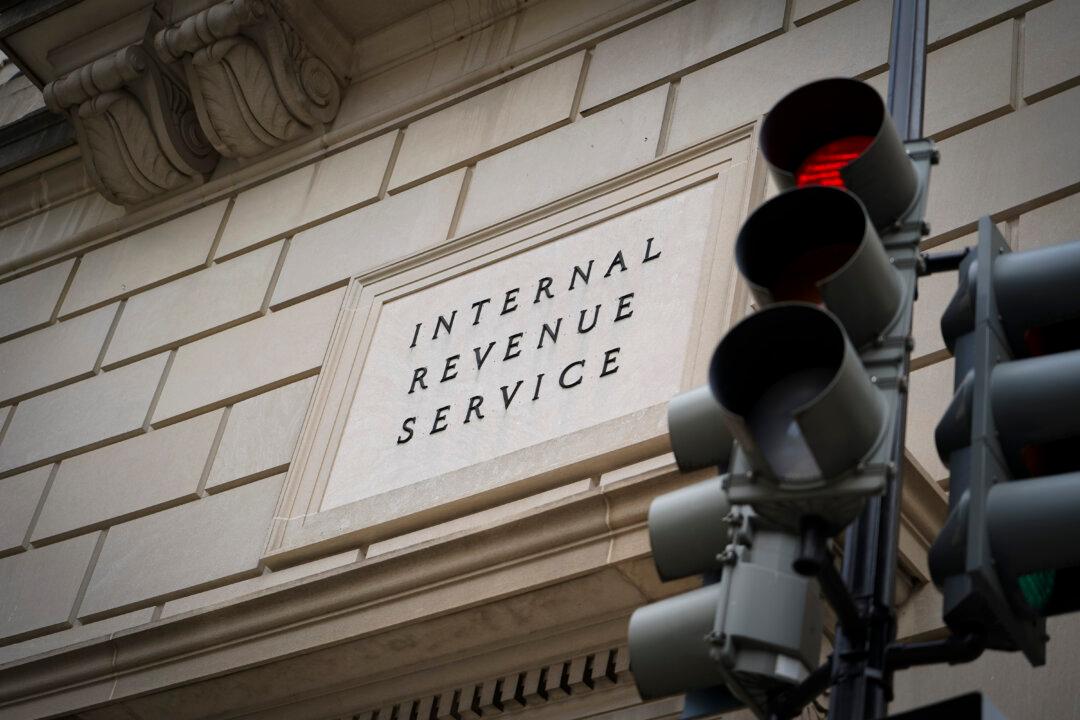Despite getting billions of dollars in extra funding to help meet its pledge to provide taxpayers with “top-quality service,” the IRS is failing to measure up to expectations in a number of areas, including taxpayer identity theft and amended tax return processing, a watchdog says.
Erin Collins, the national taxpayer advocate at the Taxpayer Advocate Service, released her 2023 Annual Report to Congress on Wednesday, on balance giving the IRS a passing grade.





